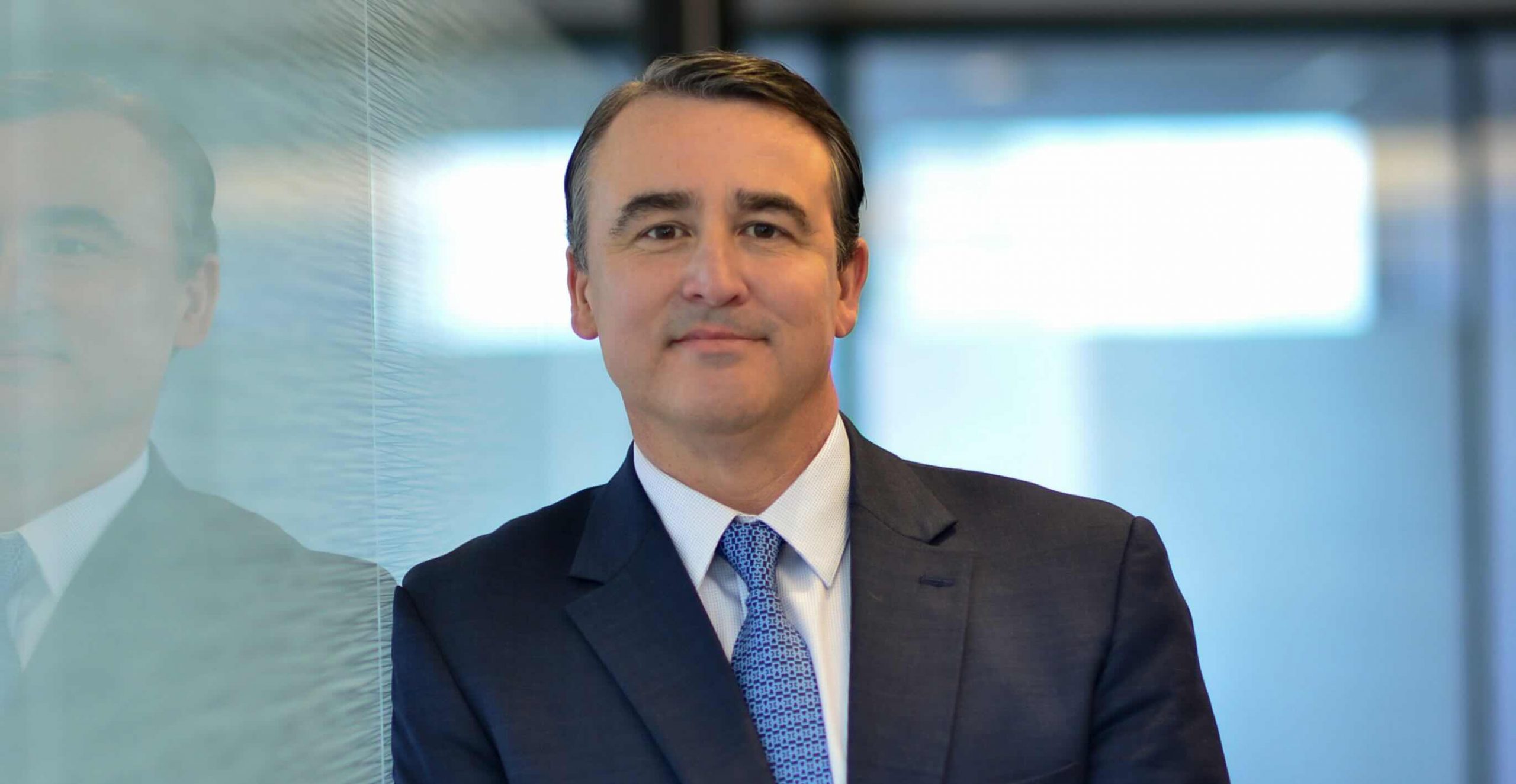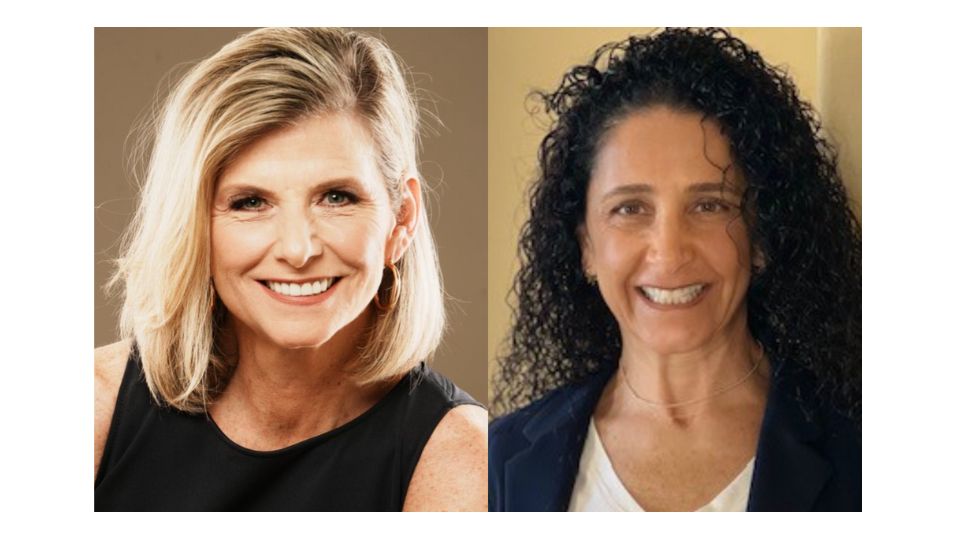Bolton Global Capital celebrates its 40th anniversary, maintaining a unique business profile like no other: conservative yet creative, fiercely independent, and highly adaptable. Year after year, the business continues to grow and seems to have no ceiling. In 2025, Bolton experienced an earthquake that, true to form, passed quietly under the seismograph: the leadership change from the long-time Ray Grenier to a man of the house: Steve Preskenis.
The brand-new CEO of Bolton Global Capital gave his first interview to Funds Society. The firm’s central message is continuity, but anyone familiar with the business world knows that leadership changes are never innocent: a CEO’s job influences everything that happens in an organization from day one.
Steve Preskenis, a graduate of Fairfield University and Suffolk University Law School, has the soul of a mechanic, constantly adjusting a highly efficient machine that must be infallible.
“We are constantly working to improve our efficiency, develop and implement the latest technologies, and strengthen our cyber defenses. What remains the same is our premium level of service, low costs and high payout structure, and the certainty and stability that comes with being a private company,” he explains.
Bolton has generated 18% year-over-year growth over the last decade; revenues grew by 24% in 2024, and the plan is to continue on that path while maintaining the company’s core, which is its independence. The new CEO emphatically reaffirms the model: “Bolton has no plans, need, or desire to go public or merge with another firm. We are in the increasingly unique and strong position of being one of the few major, truly independent firms. Bolton is 100% privately held, with no outside or private equity involvement in the business, and we have no debt. This allows us to exclusively serve our advisors and their clients and maintain our superior service and compensation model without increasing costs. Additionally, our strong balance sheet empowers us to fully fund our continued growth.
Preskenis repeatedly alludes to one of the key signs of the model’s strength: almost nonexistent staff or advisor turnover.
“We have enjoyed remarkable longevity with our advisor partners and our incredible home office staff. Advisor and staff turnover is virtually nonexistent, and commitment, trust, and competence are built over time. If you’ve been with the Bolton family for less than five years, you’re relatively new, and we’re immensely proud of the enduring culture that has been so satisfying and engaging to so many for so long.”
Part of this longevity is the collaboration with BNY Pershing, which has now spanned more than twenty years.
THE WORLD ACCORDING TO BOLTON AND HIS NEW CEO
Bolton Global Capital remains rock solid, but the world is in chaos, and the United States is experiencing unprecedented changes to its economic model and its integration into the world. In 2025, no one can really believe they’re covered. In this context, Steve Preskenis offers an assessment of the macroeconomy from his experience as an entrepreneur.
“Trade and tariff uncertainty is dissipating as more deals are being finalized, and the interest rate cuts expected on the horizon should help sustain, and even boost, growth for the remainder of the year. Much will depend on future inflation readings, but these appear to be moderating,” he notes.
For Bolton’s CEO, “The tariff hurdles predicted by many have not materialized, and the trade wars appear to be resolved by the end of the year. The passage of President Donald Trump’s economic bill guarantees fiscal certainty, and if inflation remains under control, rate cuts should follow. The unemployment rate in the United States has been rising slightly and is worth monitoring. At Bolton, business activity has been brisk, and we see few indicators of a slowdown on the horizon.”
In these months of the Trump administration, many ideas and potential reforms have been heard. Not only have the rules of global trade been modified, but the independence of the Federal Reserve and, consequently, the monetary balance of the world’s most important financial economy is also being questioned. Amid this storm, is a tax on custodial international transactions in the United States possible?
“I don’t think it’s likely that any new tax obligations will be expanded or created under the current administration. The United States remains the most attractive financial market in the world. The US capital market stands out for its efficiency, reliability, governance, and cost. Applying a transaction tax to assets in US custody would diminish the overall attractiveness of the market, and I don’t foresee that happening anytime soon,” says Preskenis.
Bolton is a global firm, manages portfolios in 45 currencies, and has access to 60 international markets. This offers a very interesting overview of the financial world: How will the dollar perform in the coming months? Which currencies are currently booming?
Preskenis acknowledges that “it has been a difficult year for the dollar due to uncertainty in interest rate policy, rising deficits, and trade tensions. Incredibly, the Russian ruble is the best-performing currency in 2025, and the pound sterling reached its highest levels in several years during the first months of 2025, although this could be primarily attributed to the weakening dollar.”
So, if the dollar weakens, it impacts the entire portfolio structure. When it comes to investment assets, the Bolton CEO demonstrates what a concrete vision they have for protecting their partners and clients.
PRESKENIS, A CEO WHO LIVES OUTSIDE OF FASHIONS
With $18 billion under management, Bolton Global Capital is a key client for major global firms of mutual funds, ETFs, alternative assets, and other investment products. The firm has an open architecture and offers a wide range of assets with the aim of meeting all the expectations of financial advisors.
But when it comes down to it, it’s interesting to know how Steve Preskenis manages his own assets. And in this sense, we are dealing with a responsible business leader who is not afraid, yet is cautious to avoid fads. “I currently have three main investments. They’re named Julia, Ava, and Luke—my trio of college kids! But yes, my investment strategy largely reflects Bolton’s beliefs: quality and liquidity. These are the principles Ray (Grenier) has emphasized since I joined the firm over 18 years ago. Our consistent success is due to working with the highest-quality advisors, serving the highest-quality clients, and using the highest-quality products to achieve them. “I come from a risk management background and am conservative by nature. Overall, my portfolio is not particularly aggressive. I’m primarily an investor in major indices, with a slight investment in fixed income, cash instruments, real estate, and, of course, international exposure.”
Alternative assets are gaining increasing market share, both in the United States and around the world. Bolton hasn’t been immune to this trend, but it has put its own stamp on it: “Bolton has long avoided illiquid investments, and while we offer alternative investment options, we limit these to the semi-liquid variety and to clients best suited for this type of investment.
“We are fully aware that our financial advisors are the best asset collectors and managers in the industry. Frankly, we should stay out of the way when they’re doing their job. But we work in a very complex industry with many rules and regulations, and many processes that need to happen behind the scenes for them to be successful. That’s where we come in. In private investments, our job is to ensure our partners have access to the best in all the different asset categories. We partner with iCapital; this gives us access to top-tier investment due diligence, training and education modules, and an efficient platform for underwriting and management.”
Ultimately, both Preskenis and Bolton have similar temperaments: lifelong conservatives, but not “neoconservatives” fascinated by cryptoassets and innovation. When asked to name a particular asset or product that has caught his attention recently, Preskenis offered,
“You might be surprised that I don’t mention cryptocurrencies, alternative assets (particularly private credit), AI-based energy sources, or the like. But I feel that, in reality, the more things change, the more they seem to stay the same. I’ll always remember my grandmother telling me during my youth that, in times of uncertainty, buy gold. And when uncertainty is greatest, buy more gold! Nana Murphy lived through the Great Depression, and her only financial education was a long, loving life, but she was right then, and she’d be right today”
“It’s boring old gold that’s returned over 1,000% since 2000 and over 27% this year alone. By comparison, the S&P 500 has returned around 550% since 2000. I had read that gold was up 27% this year, and when I looked back at its performance since 2000, it caught my attention. I guess the lesson is to always listen to your grandma, and not be afraid of being boring”, says Preskenis.



